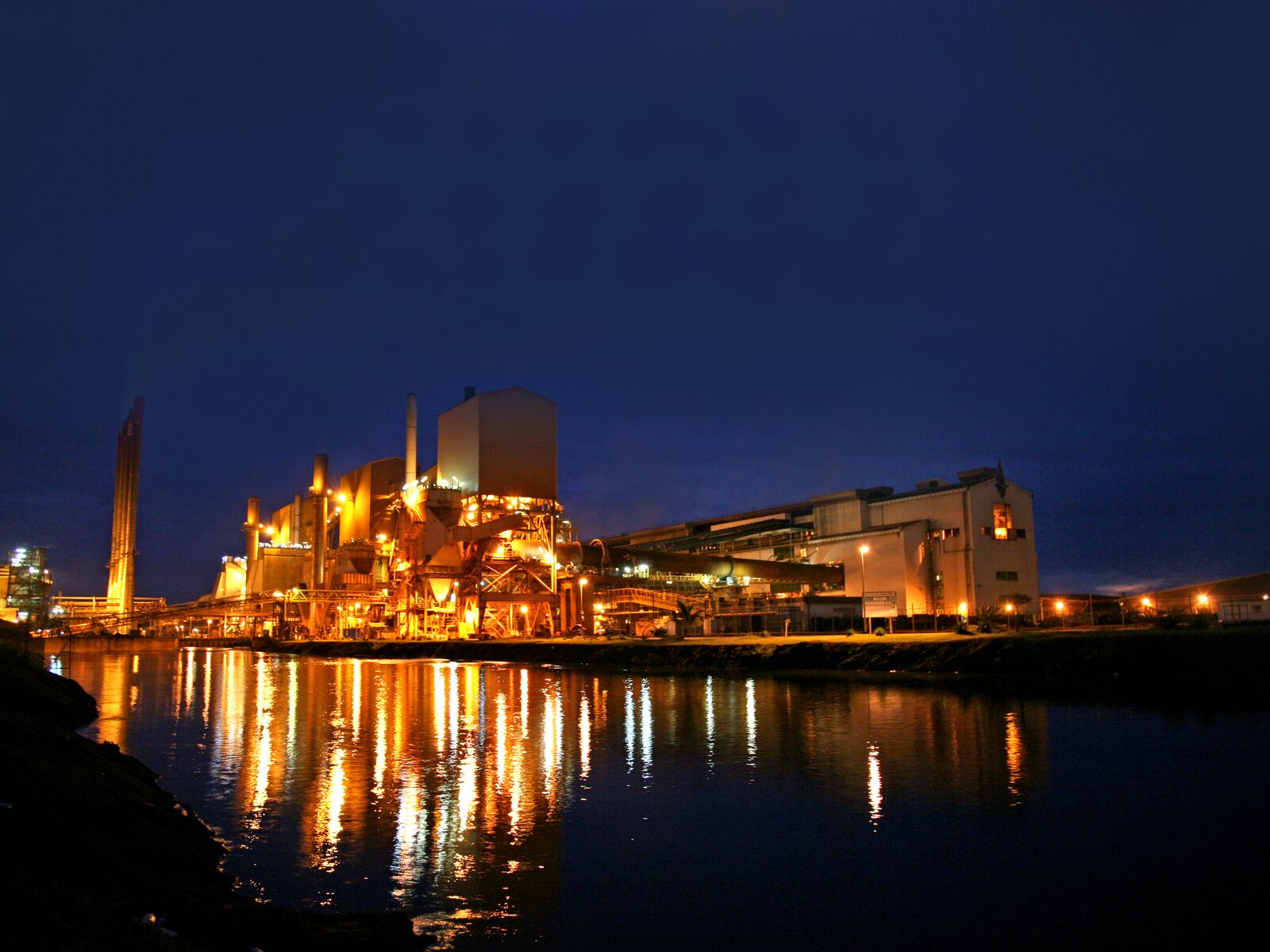
Eramet is teaming up with China’s Tsingshan Holding Group to build a $400 million lithium plant in Argentina. The French miner already owns a significant lithium deposit in Argentina, but the deal comes as demand for lithium continues to skyrocket and market level prices in China reach record highs. The lithium deposit that Eramet does already own halted its production in April 2020 due to the global Covid-19 pandemic.
Eramet will control the project and hold the operational management responsibility with a 50.1% stake, while Tsingshan will finance as much as $375m of the project in exchange for a 49.9% interest.
The Tsingshan Holding Group is the world’s leading stainless steel producer, and the two have had previous success working together in nickel production at Weda Bay in Indonesia. Eramet Group is known for successfully recovering and developing essential metals such as manganese, nickel, mineral sands, lithium, and cobalt.
The new plant is scheduled to begin production in the second quarter of 2022 and will be commissioned in early 2024. The plant is expected to have an annual production of 24,000 tonnes of lithium starting from 2024, according to a statement regarding the deal from Eramet.
Having an operational lithium deposit is ideal as the green energy transition and electric vehicle movement are bigger than ever.
Christel Bories, Eramet group chair and CEO said in a statement “Our decision to carry out our lithium project in Argentina is in line with the dynamic of strong market growth. It is a key milestone in the deployment of our strategic roadmap which aims at positioning Eramet as a reference player in metals for the energy transition.”
The size of the deposit will allow further capacity expansion to be considered through the construction of other similar plants by the two partners, according to the released statement. Eramet is also involved in talks regarding “potential supply agreements” with battery makers and car manufacturers.
“Eramet will thus become the first European company to operate a sustainable and large-capacity lithium industrial complex: we take pride in this project and see an opportunity for Europe’s sovereignty to secure tomorrow’s critical metals. For this project with high value creation potential, our partner Tsingshan will provide its industrial expertise and financing capabilities needed for the construction of the plant,” Bories continued.
The Demand for Lithium
The demand for lithium is at an extreme high and is expected to soar even higher in the next decade. Not only is it in demand because many productions came to a halt due to the COVID-19 pandemic, but because the electric vehicle and green energy movement is happening simultaneously. By 2030, the total global demand for lithium is projected to reach 1.79 million tonnes of lithium carbonate equivalent.
However, Market analysts from Benchmark Mineral Intelligence (BMI) are actually predicting a lithium shortage from 2022 onwards.
George Miller, an analyst at BMI said “unless we see significant and imminent investment into large, commercially viable lithium deposits, these shortages will extend out to the end of the decade.”
Lithium projects such as this deposit in Argentina will be critical in preventing this shortage prediction by boosting the overall lithium supply, and keeping up with the demand surrounding the electric vehicle and green power movement.
“Since Eramet has decided to team up with China’s Tsingshan Holding Group to build a $400 million lithium plant in Argentina.The French miner already owns a significant lithium deposit in Argentina, but the deal comes as demand for lithium continues to skyrocket and market level prices in China reach record highs. The lithium deposit that Eramet does already own halted its production in April 2020 due to the global COVID-19 pandemic.
Eramet will control the project and hold the operational management responsibility with a 50.1% stake, while Tsingshan will finance as much as $375m of the project in exchange for a 49.9% interest.
The Tsingshan Holding Group is the world’s leading stainless steel producer, and the two have had previous success working together in nickel production at Weda Bay in Indonesia. Eramet Group is known for successfully recovering and developing essential metals such as manganese, nickel, mineral sands, lithium, and cobalt.
The new plant is scheduled to begin production in the second quarter of 2022 and will be commissioned in early 2024. The plant is expected to have an annual production of 24,000 tonnes of lithium starting from 2024, according to a statement regarding the deal from Eramet.
Having an operational lithium deposit is ideal as the green energy transition and electric vehicle movement are bigger than ever.
Christel Bories, Eramet group chair and CEO said in a statement “Our decision to carry out our lithium project in Argentina is in line with the dynamic of strong market growth. It is a key milestone in the deployment of our strategic roadmap which aims at positioning Eramet as a reference player in metals for the energy transition.”
The size of the deposit will allow further capacity expansion to be considered through the construction of other similar plants by the two partners, according to the released statement. Eramet is also involved in talks regarding “potential supply agreements” with battery makers and car manufacturers.
“Eramet will thus become the first European company to operate a sustainable and large-capacity lithium industrial complex: we take pride in this project and see an opportunity for Europe’s sovereignty to secure tomorrow’s critical metals. For this project with high value creation potential, our partner Tsingshan will provide its industrial expertise and financing capabilities needed for the construction of the plant,” Bories continued.
The Demand for Lithium
The demand for lithium is at an extreme high and is expected to soar even higher in the next decade. Not only is it in demand because many productions came to a halt due to the COVID-19 pandemic, but because the electric vehicle and green energy movement is happening simultaneously. By 2030, the total global demand for lithium is projected to reach 1.79 million tonnes of lithium carbonate equivalent.
However, Market analysts from Benchmark Mineral Intelligence (BMI) are actually predicting a lithium shortage from 2022 onwards.
George Miller, an analyst at BMI said “unless we see significant and imminent investment into large, commercially viable lithium deposits, these shortages will extend out to the end of the decade.”
Lithium projects such as this deposit in Argentina will be critical in preventing this shortage prediction by boosting the overall lithium supply, and keeping up with the demand surrounding the electric vehicle and green power movement.
“Since the early phases of the project in 2019, the teams have remained highly committed, preserving the assets and maintaining strong relationships with all stakeholders. We are now ready to engage the site’s development in the best conditions,” concluded Bories.
“From the early phases of the project in 2019, the teams have remained highly committed, preserving the assets and maintaining strong relationships with all stakeholders. We are now ready to engage the site’s development in the best conditions,” concluded Bories.



 Follow us on Twitter
Follow us on Twitter Become our facebook fan
Become our facebook fan










Comments are closed.